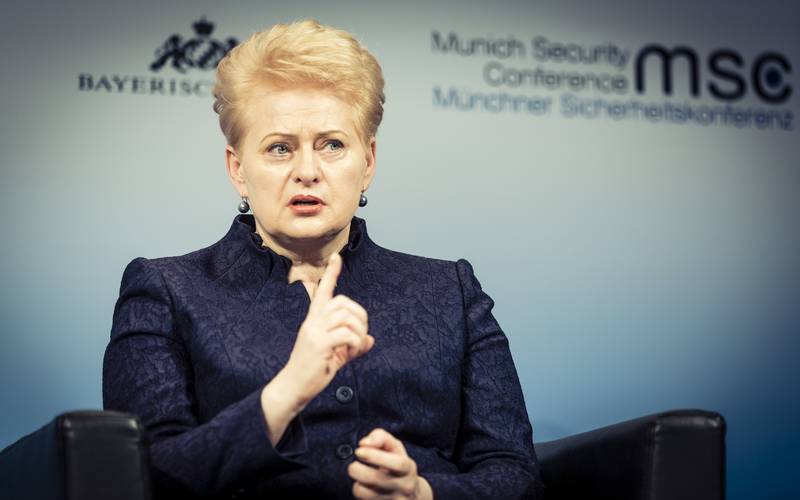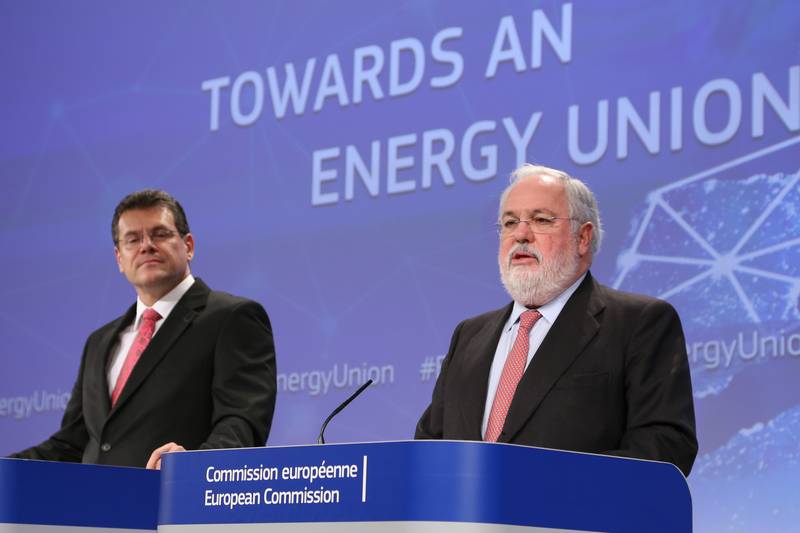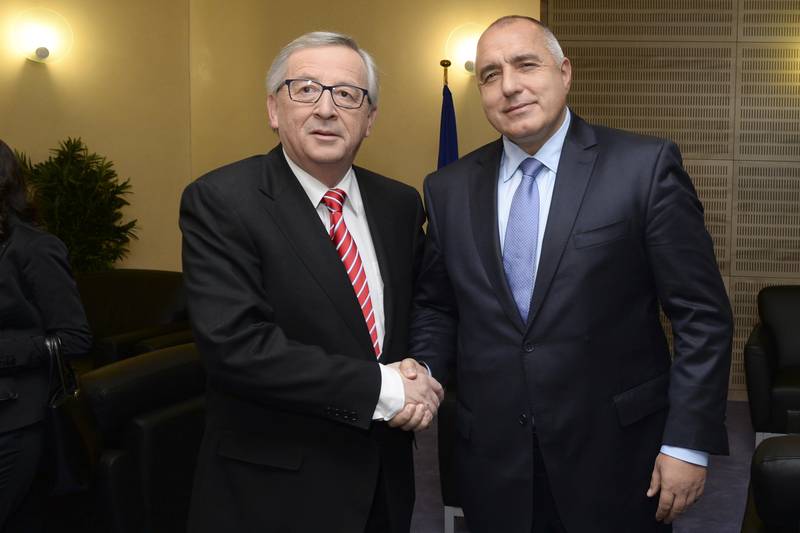About the important geostrategic significance of Bulgaria
Adelina Marini, September 2, 2009
 Bulgaria has always defined its politics, internal and external, based upon the mantra about its unique geostrategic significance. Yesterday's meetings in the polish city of Gdansk where some 20 world leaders gathered to commemorate the 70th anniversary of the start of WWII, demonstrated clearly that 70 years are completely enough to find out what is the differences between realpolitik and geostrategy. From the short dialogue between the Russian prime minister Vladimir Putin and his Bulgarian counterpart Boyko Borisov, quoted by the Russian news agencies, we came to the conclusion that, yes, Bulgaria has some geostrategic advantages, but they are definitely not unique.
Bulgaria has always defined its politics, internal and external, based upon the mantra about its unique geostrategic significance. Yesterday's meetings in the polish city of Gdansk where some 20 world leaders gathered to commemorate the 70th anniversary of the start of WWII, demonstrated clearly that 70 years are completely enough to find out what is the differences between realpolitik and geostrategy. From the short dialogue between the Russian prime minister Vladimir Putin and his Bulgarian counterpart Boyko Borisov, quoted by the Russian news agencies, we came to the conclusion that, yes, Bulgaria has some geostrategic advantages, but they are definitely not unique.
After the previous Bulgarian tripartite government, led by the leader of the socialists Sergey Stanishev, accelerated the work on some energy projects with the only purpose to make Bulgaria an energy distribution centre on the Balkans, now the situation seems slightly different. The impact of the financial and economic crisis, the bad governance of Bulgaria for the last more than 4 years, the lack of foresight, succession and consensus within Bulgaria about what are the priority areas for the development of the country and, last but not least, the superiority of the personal over the national interest, led to the situation where Bulgaria had to be put where it belongs. And that is - if you do not have any money and you don't know what you want - you don't play.
Generally, this was the atmosphere of the conversation between the gentlemen Putin and Borisov. The Bulgarian prime minister informed his Russian counterpart that the Bulgarian  government has still not finalized the analysis of the expedience of the project for the construction of a second nuclear power station 'Belene", as well as about the construction of the pipeline "Burgas-Alexandroupolis". Boyko Borisov was more than sincere with his Russian partner by saying that the previous government had not given any possibility for a detailed review of the already concluded intergovernmental agreements on these two projects.
government has still not finalized the analysis of the expedience of the project for the construction of a second nuclear power station 'Belene", as well as about the construction of the pipeline "Burgas-Alexandroupolis". Boyko Borisov was more than sincere with his Russian partner by saying that the previous government had not given any possibility for a detailed review of the already concluded intergovernmental agreements on these two projects.
To this openness, the Russian prime minister responded by saying: "We have a very good understanding about the need of the new government to get thoroughly acquainted with these projects. If there are some internal political reasons with an election context, that did not allow your specialists to review these projects, then we will do anything possible to help you do that". The Russian prime minister also said that all these projects are aimed at increasing Bulgaria's status by turning it into a large distribution centre of energy as well as to give it a chance to benefit from this.
 But if the analysis of the government shows that these projects do not correspond to the Bulgarian national interest "I assure you, dear Mr. Prime minister, that there will be no problems in our bilateral relations. We will not realise projects that are not suitable for Bulgaria. We will take another road and Russia will solve this problem in another way", Mr. Putin said by adding that is this happens, the government in Moscow will find other opportunities for cooperation without naming any.
But if the analysis of the government shows that these projects do not correspond to the Bulgarian national interest "I assure you, dear Mr. Prime minister, that there will be no problems in our bilateral relations. We will not realise projects that are not suitable for Bulgaria. We will take another road and Russia will solve this problem in another way", Mr. Putin said by adding that is this happens, the government in Moscow will find other opportunities for cooperation without naming any.
"The only thing we are asking for is that you make your decision as soon as possible", Vladimir Putin, asked. Without leaving the bonne tonne, Mr. Putin gave a very eloquent example: "The Burgas-Alexandroupolis pipeline is being discussed for 7 years now and it is about 280 km only! We have already built a 500 km pipeline system from East Siberia to the Chinese border and very soon we will finish another 2,000 km of pipelines to the Pacific. So, just say "no" and that's it, we're closing the topic", the Russian prime minister added.
The focus of the rest of the meetings of Putin in Gdansk was also very indicative where he, undoubtedly, again was in the centre of attention. One of the most eloquent meetings was the one with the Polish prime minister Donald Tusk. Eloquent because the relations between Poland and Russia for quite a long time are very strained because of the great accumulation of historical circumstances. The two countries severed their relations so much during the governance of the Kaczyncski brothers that this put at risk the relations between the EU and Russia which were not the smoothest anyway. One of the biggest breakthroughs at this meeting was the agreement that history should be left to historians and the economic relations should prevails because, this is what matters after all.
"The political problems should not disturb the adequate development of the economic ties between Poland and Russia, including in terms of gas deliveries for Poland and Europe" the Polish prime minister said. Then, logically, the conversation continued in essence and Poland transferred the responsibility for the construction of the Nord Stream project to Germany.
And it was the behaviour of Russia 70 years after the start of WWII that stood in the centre of the attention of the media around the world, maybe because it is in our own eyes that Bulgaria has any significance in the world. And while the others do business, we are dealing with internal politics at a very low level. And this repeats every four years.
 Dalia Grybauskaite | © MSC/Koerner
Dalia Grybauskaite | © MSC/Koerner Maros Sefcovic, Miguel Arias Canete | © European Commission
Maros Sefcovic, Miguel Arias Canete | © European Commission Jean-Claude Juncker, Boyko Borissov | © European Commission
Jean-Claude Juncker, Boyko Borissov | © European Commission